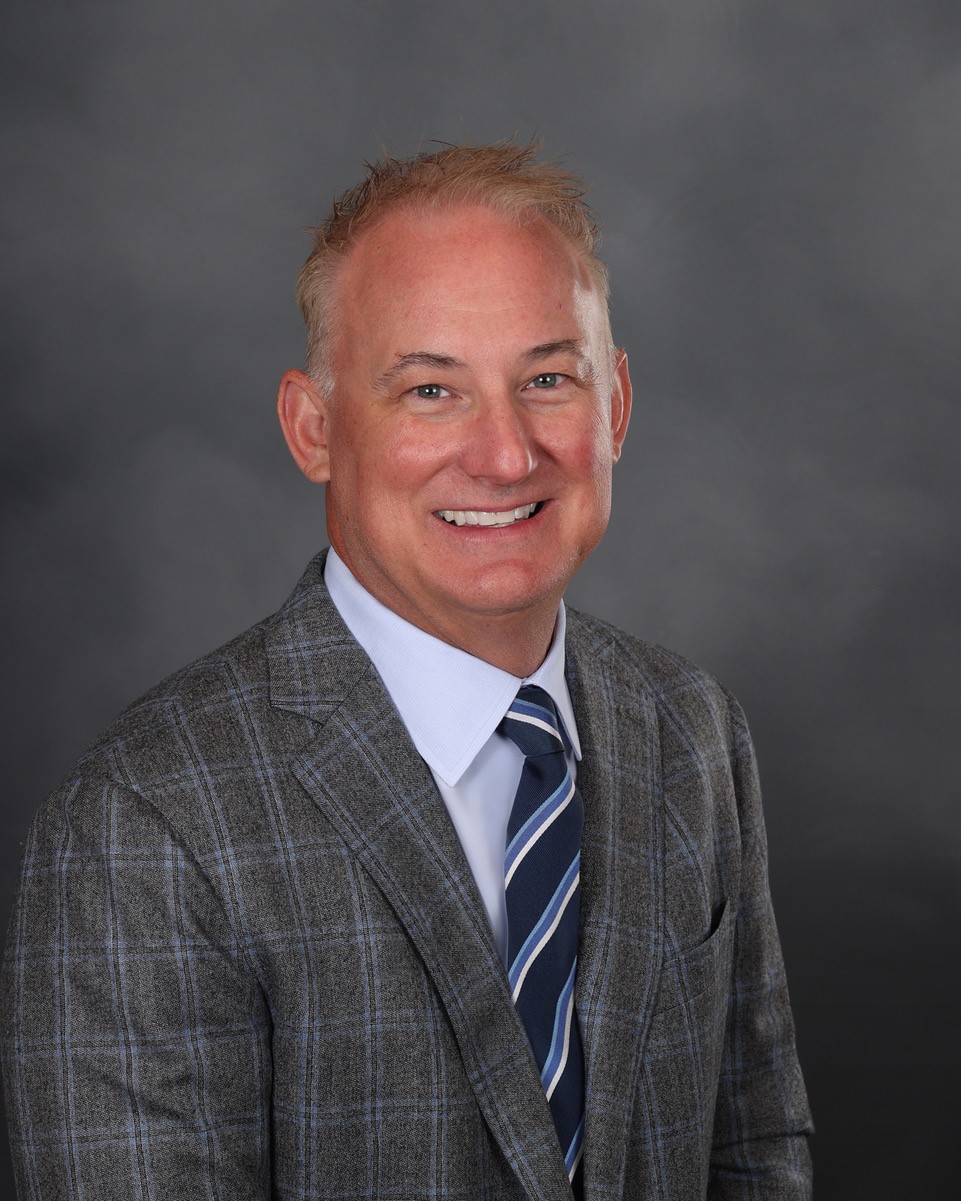Meet Dr. Robert H. Thornton, DMD
Hello, my name is Dr. Robert H. Thornton, DMD and I’m a Bioesthetic Dentist in Tupelo, Mississippi. I have been practicing dentistry since 2000. I’m passionate about my health-based practice centered around individualized care with minimally invasive dentistry for every stage of life. I love being a Dentist and I am excited to get to know you and learn more about your oral health goals.
I provide comprehensive dental services for children, adults, and senior dental patients in the Tupelo, MS area as well as the greater Northern Mississippi region:
- Minimally-Invasive Bioesthetic Dentistry
- TMJ/TMD Therapy and Facial Pain Relief
- Airway and Breathing Disorder Therapies
- Sleep Apnea Therapy with the VIVOS® System
- Myofunctional Therapy and Tongue-Tie Laser Therapy
- Minimally-Invasive Biomimetic Dentistry which is an excellent biologic alternative to conventional crowns
- General & Family Dentistry
- Cosmetic Dentistry
- Dental Implants
- Crowns, Bridges, & Dentures




